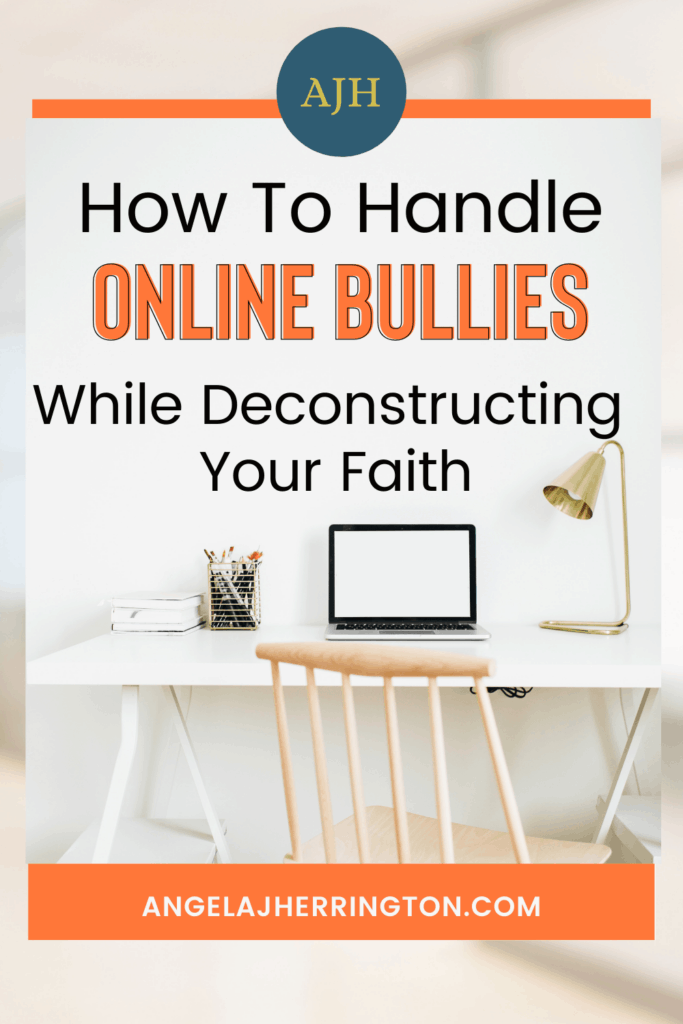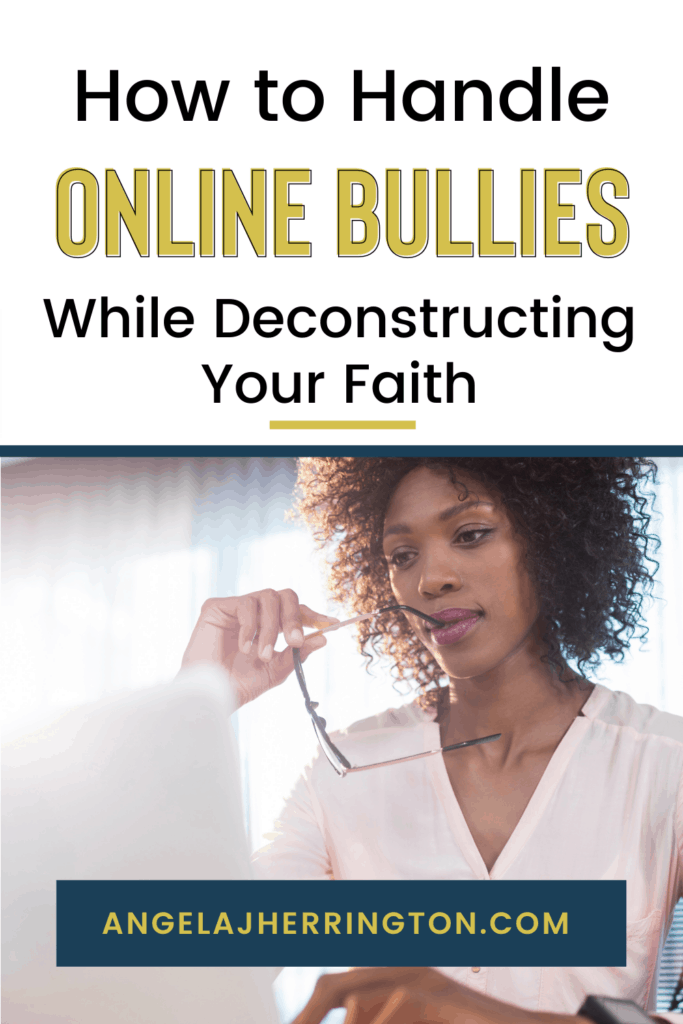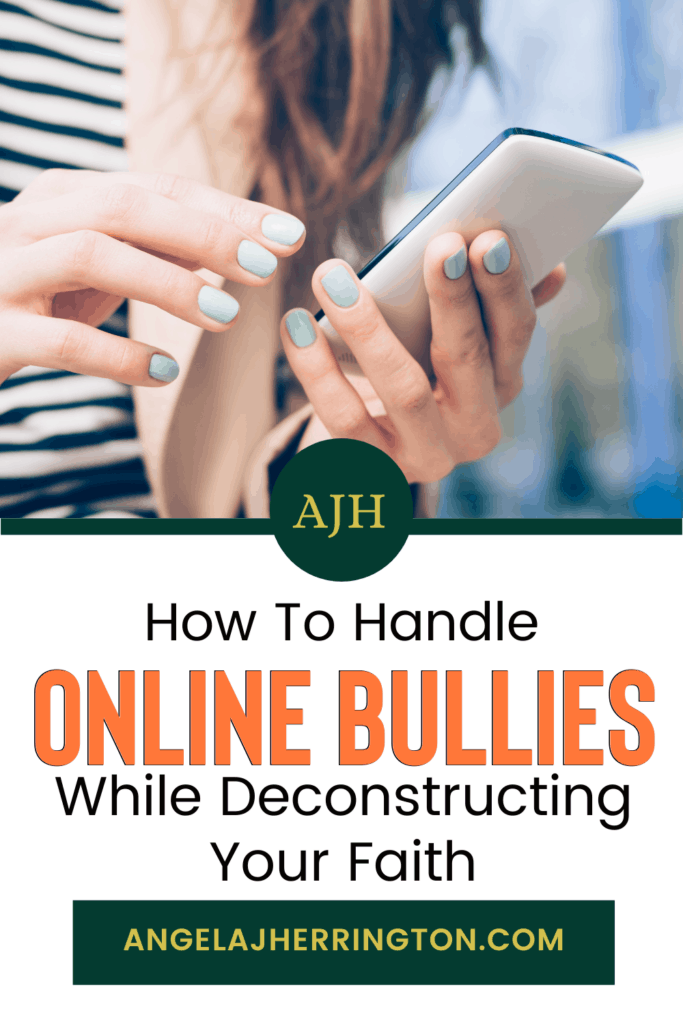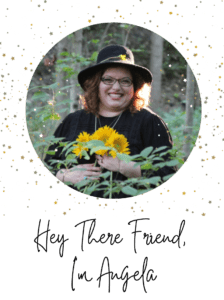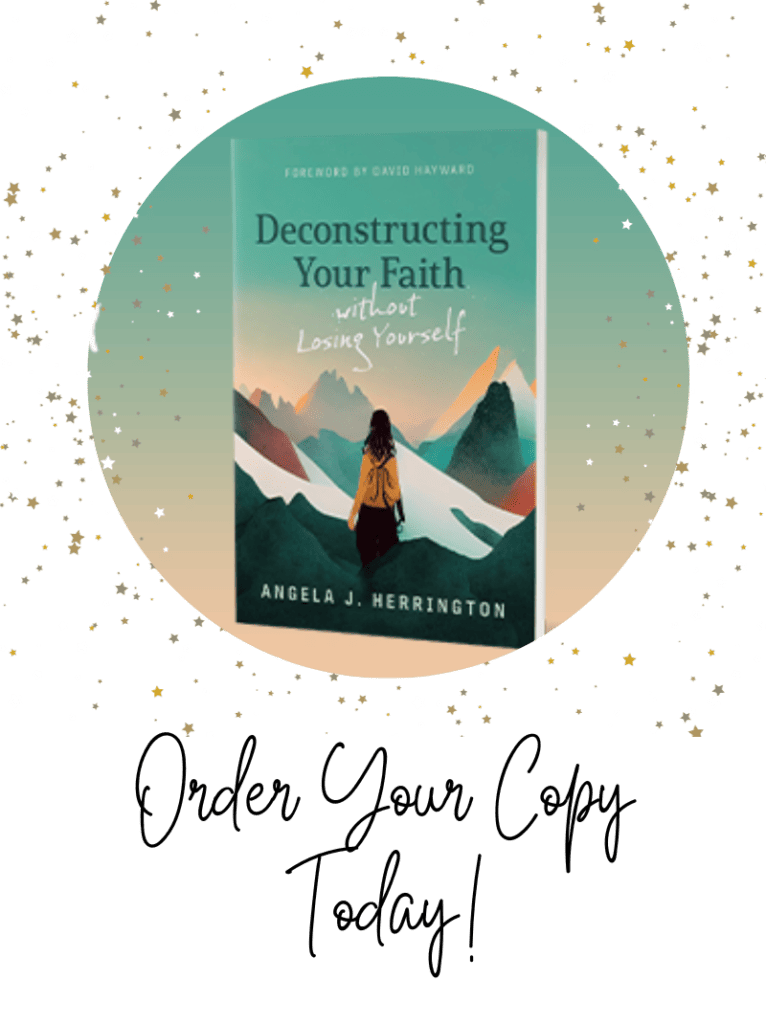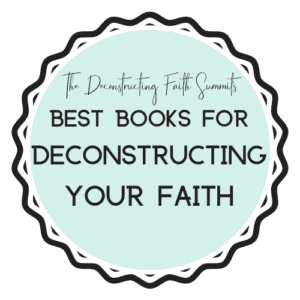It’s not easy to deconstruct your faith when you find yourself surrounded by unhealthy people with zero respect for personal boundaries.
Between the rude online trolls and those who are just downright mean to you in real life, it sometimes feels like there’s no escape from the bullying. But don’t worry! I’ve put together some helpful tips for handling bullies while deconstructing your faith. I can’t promise people will stop being mean. I can promise (from personal experience) that putting some healthy boundaries in place will help you carve out safe spaces.
The hardest thing about deconstructing your faith from toxic religion is that people don’t follow the same rules of engagement.
Not everyone has done their work to stop perpetuating harm. So when you post something about toxic religion that triggers a person’s fear, highlights white fragility, or challenges their deeply held biases, they get defensive. To “protect” themselves from you, the “threat,” they will gaslight, bait, deflect, deny, stonewall, and blast you with full-on personal attacks.
So while you might be able to have a safe conversation about a volatile topic in one space, the same discussion in a different space could turn into a shouting match with lots of harmful words spoken. Pause for a second and think about the spaces where you hang out online. Are they safe spaces for conflict or more chaotic and unsafe? If they’re unsafe, why are you there? What do you get from staying in harm’s way?
The secret sauce is to trust your intuition.
If the person or place doesn’t feel safe or at least doesn’t feel safe in this season, it’s time to create some distance between the two of you.
Here’s what I did over the last two years when things were really unsafe in many of my online spaces:
1) Unfollow anyone with whom you want to stay connected (like family) but don’t want their content to show up in your newsfeed. This won’t keep them from seeing your content, but it helps make your feed safer. (The other person won’t know.)
2) Unfriend anyone who can’t stay in their own lane and posts threatening words, scream-typing, or attacks on your thread. (The other person won’t get a notification, but if they come to your page, they’ll see you are no longer friends.)
3) Unfollow and block pages where unsafe people hang out and sometimes follow you “home.” It doesn’t matter how much of an expert people are in their field, if their page isn’t safe, you don’t need to be there.
4) Report violence, hate speech, or fake news links to FB before blocking the person who is sharing them. (They won’t know.)
5) Block abusive people who pop up on your business or ministry FB page ASAP. There’s no way to create a safe space for your people if you hold space for abusive content. This is especially true if the abusive people are in the majority. I learned this one the hard way. Their words create a hostile environment for traditionally marginalized people. (They’ll know if they look for your page and can’t find it.)
6) Leave groups that are unhealthy, even if you paid for them. (If you’re still paying for them, stop.) Seriously, just leave. During 2020’s racial uprisings, I left several groups that I had been in for years because I saw examples of leadership silencing black voices in the group and posting harmful racist content on their pages.
7) Block those who silently agree with the abusive comments on your page. Just for the sake of being efficient, I tend to look at those who like or “heart” nasty comments on my feed and delete, unfriend, or block them too. They’ve shown their true colors. Why keep them around so they can ambush me later?
This is probably the part of the conversation where you start rationalizing all the reasons you should stay in the relationship. Please just stop. Remember, Christian women are often conditioned to remain in unhealthy relationships longer than we should because it’s promoted as “godly” or “being a good Christian.” But it’s not.
We stay and put up with it because we are afraid of the rejection and loss that often comes with standing up to bullies.
There’s nothing in the Bible that says God wants us to self-harm or stay in spaces that allow others to harm us just to avoid conflict. So if you’re on the fence about walking away, I ask you to evaluate the cost of allowing toxic people to sit in your virtual living room and throw nasty hate all over you. Is that a price you’re willing to keep paying?
The bottom line is it’s unhealthy to stay in friendships and work relationships that continue to harm you.
You deserve to be respected and bullying isn’t worth your time. Don’t give bullies any more attention based on the hope that they will come around. If they’re resorting to harming you to defend their fragility, they’re not ready for change. You aren’t helping them, and they’re not helping you.
So take a break. Let the bullies reap the fruit of their uncontrolled rants and give yourself space to heal.
Focus your energy on connecting with people and hanging out in spaces where you feel supported and loved.
Here are a few easy ways to do that:
- Find a spiritual home that’s progressive and encourages you to ask messy questions. Follow people on social media who show you different viewpoints and encourage you to deconstruct your bias, privilege, and toxic religious beliefs.
- Listen to podcasts about deconstructing your faith.
- Attend the free virtual Deconstructing Faith Summit this fall (more details coming soon!)
- Join my free community, The Faith Deconstruction Cafe, and connect with women and non-binary people from around the world who are untangling themselves from toxic religion and patriarchy.
- Read more posts about how to set healthy boundaries as you are deconstructing your faith! (Click here to read some from my blog.)
What would you add to the list? Hop over to Facebook and let me know!
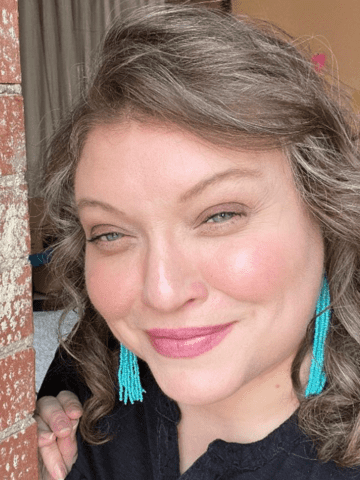
Angela is a Faith Deconstruction Coach and host of The Deconstructing Faith Summit who helps people break free from toxic religious culture & empowers them to recover from #churchhurt. She has led online ministries for a decade, enjoys working with clients 1:1, in groups, and is a dynamic conference speaker. She’s a Lark’s Song Certified Life Coach who reaches thousands of people in 40+ countries each month on Facebook, IG, Twitter, Pinterest, and her blog.
She’s a firstborn, Enneagram 8, Gen Xer who loves to question everything. She holds a BA from Indiana Wesleyan and a Masters in Leadership from Wesley Seminary. Her graduate research project focused on leadership development and opportunities for Gen X women in the US church.
Angela and her unique online ministry are featured in Lyz Lenz’s 2019 book God Land: Story of Faith, Loss, and Renewal in Middle America. She has published articles in Hope for Women and HOPE is Now magazines. She has been featured in The New Republic, Publisher’s Today, and Religion News Service.
Her first book, Deconstructing Your Faith Without Losing Yourself, Will be published by Eerdmans in February 2023.
Angela is also a wife, mom to 5, and a proud resident of Marion, Indiana with her family when they’re not traveling the US in their RV.


